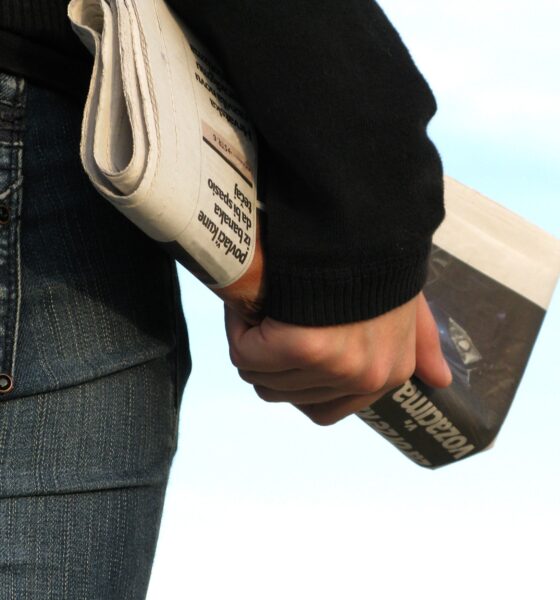

Features
Blue & Green Daily: Friday 1 August headlines
Blue & Green Daily finds and summarises the top sustainability stories around the web every morning. We start with our own picks from Blue & Green Tomorrow.
Energy efficiency helps households battle rising utility costs
Investors urged to divest from firms involved in Israeli occupation, as Gaza violence escalates
‘No fracking on my watch unless proven safe’, says Northern Ireland environment minister
Policymakers need to consider children’s rights in climate change fight
Key scientists call for ‘radical action’ on drug resistant malaria
——————————————————————————————————————————————
1 August headlines
Blow to UK renewables as Celtic Array is scrapped
Plans for Europe’s largest wind farm off the north Wales coast have been scrapped after Celtic Array, the joint venture between Centrica and Dong Energy of Denmark, said the project was “economically unviable”. The announcement is the latest setback to the UK offshore wind sector, which has been hit with engineering difficulties, environmental concerns and uncertainties about financial support. Financial Times.
Failure to deal with ethics will make climate engineering ‘unviable’
Research into ways to engineer the Earth’s climate as a last-ditch response to global warming will be rendered “unviable” if the associated ethical issues are not tackled first, a leading environmental philosopher has waned. Professor Stephen Gardiner, of the University of Washington, Seattle, said that so-called geoengineering risked making problems worse for future generations. Guardian.
Lloyds prepares to resume dividends
An improving economy has boosted Lloyds Bank’s, which is still partially owned by the taxpayer underlying profits, paving the way for negotiations with the Bank of England to restart paying shareholder dividends. However, scandals, such as mis-selling payment protection insurance, continues to drag on the bank. Telegraph.
Brazil Development Bank to allow solar imports until 2020
Brazil’s BNDES development bank will allow solar developers to import photovoltaic cells until 2020 as part of efforts to spur domestic solar manufacturing capacity. From 2020, local content rules will require developers to use components produced in Brazil to qualify for its low-cost financing. Bloomberg.
——————————————————————————————————————————————
Interesting picks
On green issues, Eric Pickle’s actions show he is a petty dictator – Guardian
Finance and the art of sustainable development – Institutional Investor
New report offers 7 keys to responsible, successful investment – Enough Project
How much illegal timber gets into the UK? – Guardian
Photo: Sanja gjenero via Freeimages





















